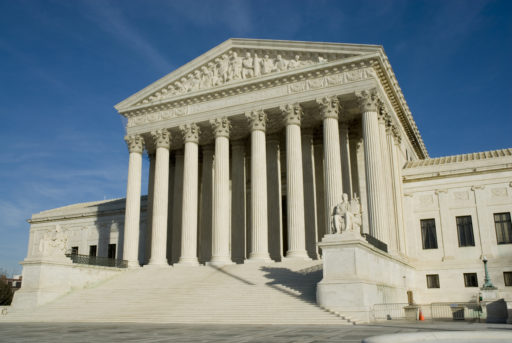In June 2019, the Illinois State Legislature passed a bill to address nursing home staffing by vastly increasing funding for struggling long-term care facilities. Under the law, the 2020 fiscal year budget increases nursing home providers’ budgets by $240 million to be shared equally by the State and Federal governments, with $70 million allocated to assist facilities to meet staffing requirements. Arguably, there is a direct correlation between staffing and incidents that may give rise to litigation. Financial and staffing components often directly factor into …
Continue Reading









